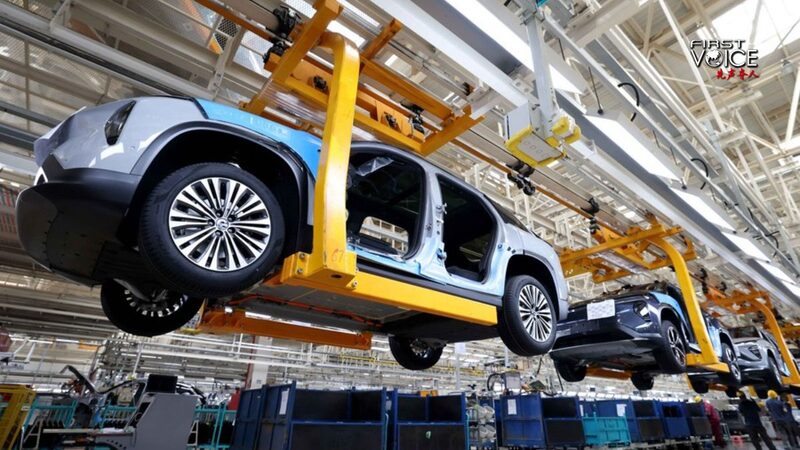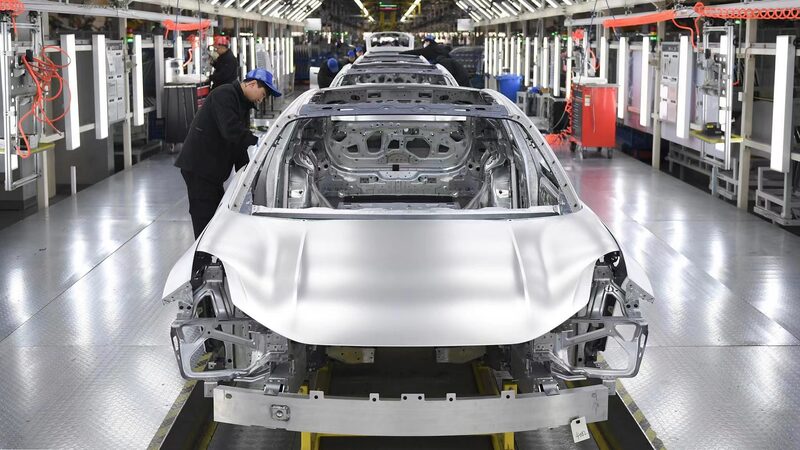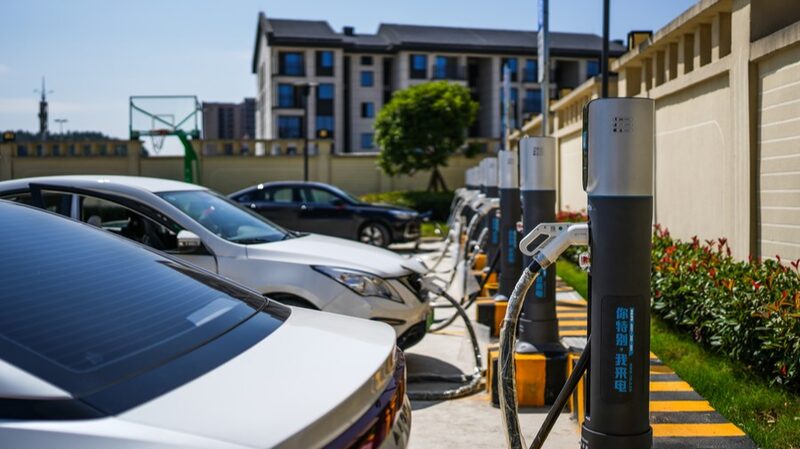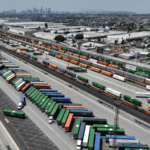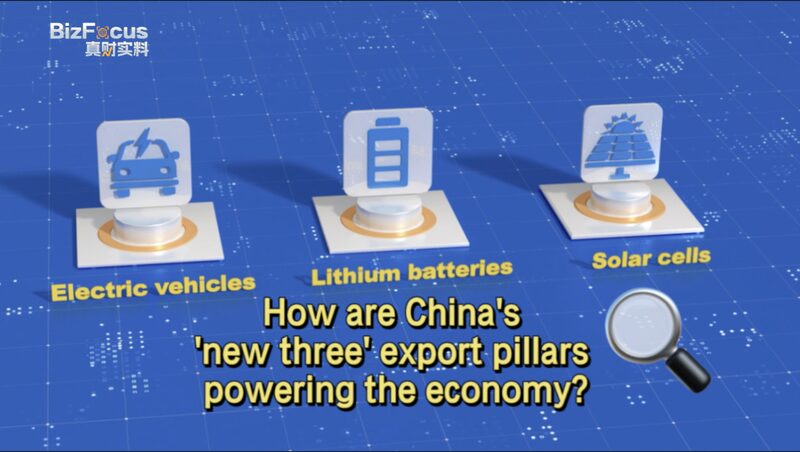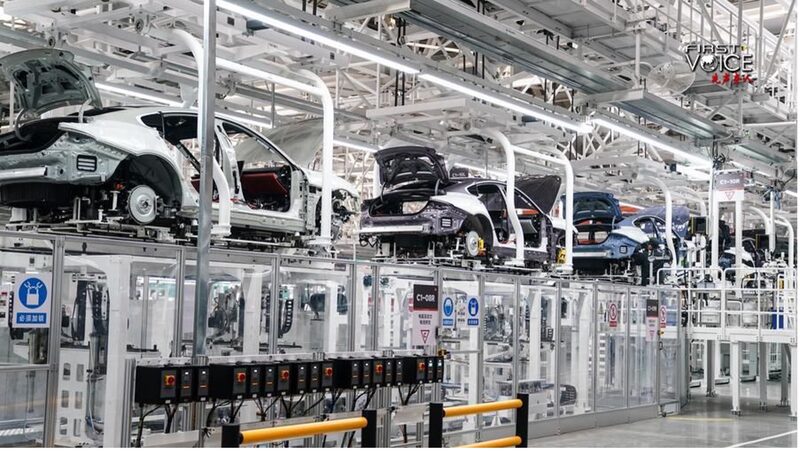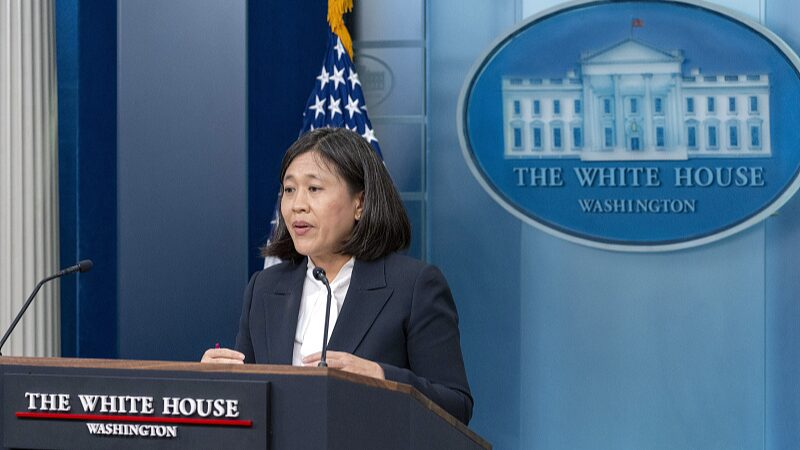U.S. President Joe Biden announced on Tuesday a series of significant tariff increases on Chinese imports, including electric vehicles (EVs) and solar cells. Among the most substantial hikes, tariffs on Chinese EVs are set to rise to 100 percent this year. The move is part of a broader strategy aimed at protecting American jobs and bolstering domestic industries.
U.S. Treasury Secretary Janet Yellen defended the decision, stating, “We’re not willing to allow our emerging industries we’re targeting for support to be wiped out through China’s action.” She emphasized that the tariffs are intended to safeguard the development of U.S. sectors and secure their supply chains.
However, economists and industry experts warn that the tariff hikes may have unintended consequences, ultimately affecting American consumers and businesses. While Chinese EVs currently represent a small fraction of the U.S. market, the intricate nature of global supply chains means that increased tariffs could lead to higher production costs for American manufacturers.
The U.S. EV industry is heavily reliant on materials and components imported from China. According to the U.S. Department of Transportation, leading American EV brands, including Tesla and Ford Mustang, incorporate between 30 percent and 51 percent Chinese content in their vehicles. Stella Li, CEO of BYD Americas, highlighted the importance of China’s supply chain, stating, “From the battery, from the mining, from all the technology integration, the Chinese supply chain now is the leading supply chain. It’s the best.”
By imposing higher tariffs on Chinese imports, U.S. manufacturers may face increased costs for essential materials and components. This could result in higher prices for consumers and potentially slow the growth of the domestic EV market. Additionally, the tariffs could strain trade relations between the United States and China, impacting other industries reliant on cross-border collaboration.
Critics of the tariff hikes argue that taxing imports effectively taxes consumers, as increased costs are often passed down through higher retail prices. The deep integration of the global economy means that policies aimed at protecting domestic industries can have far-reaching effects, sometimes undermining the very sectors they aim to support.
As the situation develops, stakeholders across industries will be watching closely to assess the impact of the new tariffs on both the U.S. economy and international trade relations.
Reference(s):
cgtn.com
